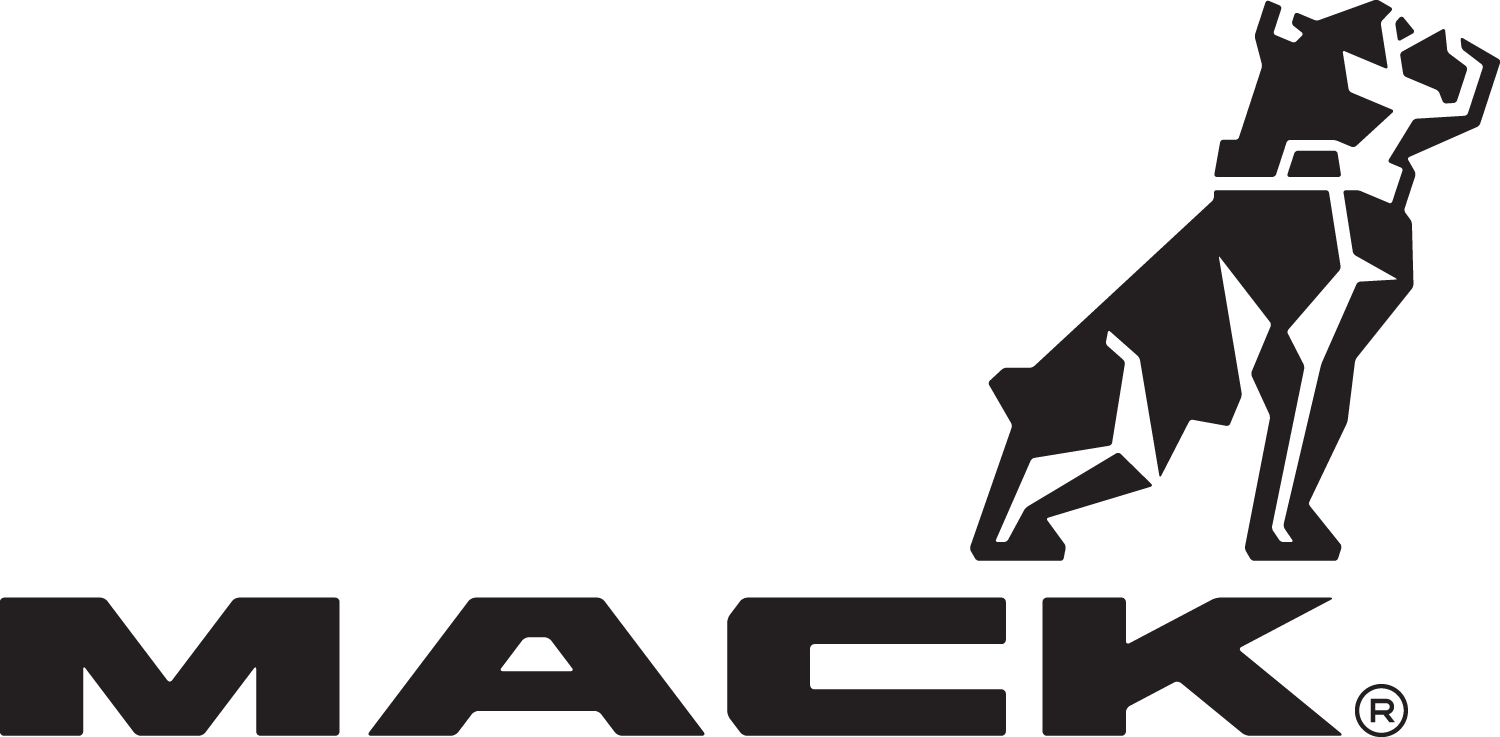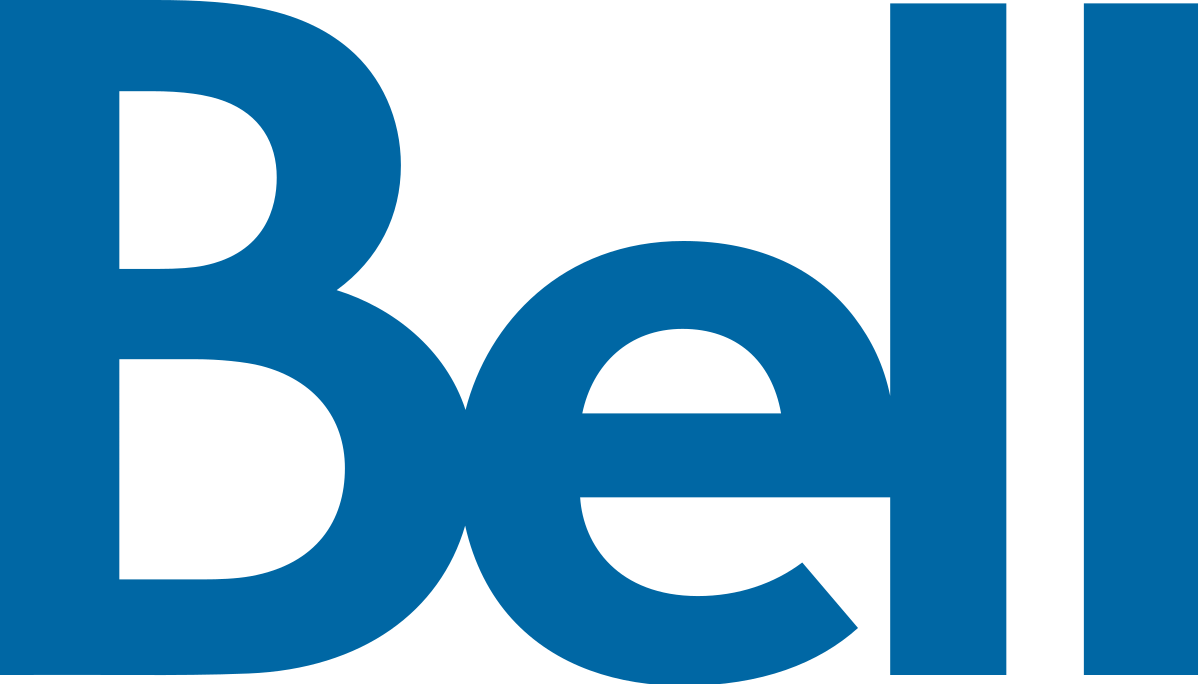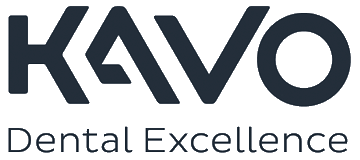The Ultimate Guide to an Effective Sales Process
Companies following a sales process can increase their revenue by at least 18%, according to the Harvard Business Review.
In this guide, we’ll cover everything there is to know about why you need a sales process, the benefits of a sales process, and how to select the right one for your organization.
What is a sales process?
A sales process is a repeatable set of steps followed by sales professionals to guide a prospect or customer through each stage of a buyer’s journey. An effective sales process starts at the prospecting stage—before the salesperson initiates contact with the buyer—and continues through to the close and post-sale follow-up.
Sales process vs sales methodology – what’s the difference?
A sales methodology is an approach to drive sales effectiveness and develop selling skills. Sales methodologies, often developed by sales training vendors or consultants, typically have a focus. An example of a more general sales methodology is consultative selling. In this approach, the selling process is treated like a consultation with the buyer. At the end of this consultation, the most appropriate solution is offered (which may or may not be your product or service).
A sales process, however, is a structured, specific set of steps used in selling. You can think of this process like a roadmap that guides sales reps through the sales cycle.
Learn more about the Top 7 Consultative Sales Approach Strategies for Your Sales Team.
Must-have elements of a sales process

A structured, sequential sales process is critical for keeping sales reps organized and in line with the customer through their buying journey. The steps to create a sales process do not need to be overly complicated. Remember to keep it simple and include the following elements:
Thorough Research
The first step begins before a sales rep ever meets with a lead.
Your salespeople should do a thorough investigation, researching all there is to know about their potential customers. This research includes company and industry news, market challenges, etc.
This stage, referred to as pre-call planning, enables your reps to show up to the meeting as subject matter experts. They are then viewed, from the buyer’s perspective, as a valuable and strategic resource.
Adapting to Buyer Style
Purchasing decisions vary greatly depending on the person making them. In today’s fast-paced world, salespeople have a very narrow window of opportunity to make a positive connection with a potential buyer.
That’s why it’s essential for salespeople to be able to quickly identify the buying behavior style of their prospects, adapting their approach to match.
Strategic Questioning
To get to the root of the customer’s challenges, your sales team must dedicate time and attention to their questioning strategy.
This step gives sales professionals the information necessary to propose the recommendation that best fits their customer’s needs.
Recommendation
Once a rep has gathered the necessary information by asking strategic, probing questions, they can present your product or service as the right solution to their prospect’s needs.
Salespeople often try to shorten the sales cycle by jumping prematurely to the recommendation step. The previous steps are essential to effectively guide the buyer through the decision-making process.
Follow-Up
Closing up the details of the sale is not the final step in the sales process. Your reps should have a plan to follow-up with a buyer upon delivery. This can lead to establishing a long-term relationship that can result in repeat business and referrals.
Benefits of adopting a comprehensive sales process
One of the greatest benefits of following a sales process is the increased likelihood of closing a sale and the additional revenue that comes with more deals.
Here are 8 additional benefits that make implementing a sales process in your sales organization worthwhile.
Establishes a Common Language Across the Sales Team
When every member of your sales team is implementing the same sales process, a common, consistent language will be established.
A common language around sales leads to a stronger sales culture and a more cohesive team dynamic.
Improves Sales Coaching Effectiveness
When all members of the sales team are following the same game plan, conversations around opportunities are streamlined. This makes deal coaching much more effective.
Sales managers will have the ability to meet with a rep at any time in the sales process and ask targeted questions about a specific opportunity.
- “What stage of the sales process are you in?”
- “How qualified is the opportunity on a scale of 1-5?”
- “What’s your next definitive step?”
Soon your sales reps will expect the questions and be able to quickly answer them–leaving more time for coaching.
Helps with Time Management
Time management is a big challenge for sales professionals.
Having a sales process gives sales reps a guide to follow on a daily basis. They can organize their schedules based on the activities they must complete within each stage of the sales process. This step-by-step approach establishes a predictable rhythm in their workflow.
Improves Forecast Accuracy
According to Salesforce, a documented sales process is key to improving forecast accuracy.
Connecting a solid process to the pipeline stages will result in more streamlined activities, milestones, and conversations with reps, as well as increased forecasting accuracy.
To learn more about improving sales forecast accuracy with a common process, check out this post.
Aligns the Organization
A strong sales culture requires a focus on sales enablement and alignment between all departments in your organization.
This alignment is strengthened by training departments outside of sales—especially marketing and customer service—in the sales process.
Productivity in your organization can increase exponentially when your marketing department understands the sales process that your sales team is using. This enables them to provide marketing materials for every step of the buyer’s journey.
Strengthens Sales Culture
A high-performing sales culture takes careful planning and dedication. Building this kind of sales culture effectively requires implementation of a standard sales process across your team.
Helps Technical Sales Reps Become More Business Minded
Technical salespeople can sometimes be viewed as walking encyclopedias. Their knowledge is important, but if they’re “data dumping” or “feature dumping” during a sales call, it can have a negative effect on a prospect.
A solid, repeatable sales process can help technical sales reps powerfully harness the knowledge they possess.
In addition, technical sales reps tend to prefer systems and procedures—making it more likely that they’ll embrace a sales process and follow it consistently.
Helps Reps Overcome Objections
Today’s buyers have knowledge about your competitors’ products and services at their fingertips. This means it’s critical to train your salespeople to overcome objections quickly and confidently.
When your salespeople follow a consultative and buyer-focused sales process, they’ll be able to address any objections before they even come up. The pre-call planning step can help them prepare for the most common concerns and the most effective ways to address them.
Watch this video to learn 3 ways to prevent objections:
How to map CRM to a sales process
In order for your sales reps to use your CRM, you need to map it to your sales process. This way, the tool aligns with what your salespeople go through on a daily basis (making them more likely to use it).
The first step is to define your sales process.
Next, you must determine which high-gain activities and metrics fall under each step of the sales process. Focus on making your CRM helpful for your sales force by explaining that it’s not just for sales management to analyze funnel activity.
Best practices for mapping your sales process to your CRM:
- Track leading indicators (things that predict future performance and offer a chance for sales management to intervene with coaching) rather than lagging indicators (harder to change future outcome).
- Choose just a handful of core sales metrics that are most meaningful to the sales process.
- Communicate to your sales professionals that CRM usage is a standard part of the sales process, not an option.
How to use a sales process to communicate value
Research from SiriusDecisions shows that the biggest problem facing sales teams isn’t education, skills, technology, or budgets, but an inability of salespeople to communicate value to prospects.
Your salespeople can communicate value in the following ways:
- Align the selling process to the buying process
Smart salespeople who focus on the needs and wants of the customer follow a consistent selling process that aligns with the customer’s buying process. This requires a sales process that’s built to be flexible enough to allow the rep to quickly meet the buyer where they are in their buying journey. - Work with the buyer to diagnose the challenge
When using a defined sales process, a salesperson can know exactly where their buyer is in the process. This will allow them to collaboratively work with the buyer to identify and re-evaluate the specifics of the buyer’s challenges through thought-provoking questions. - Follow the sales process to create strategic business relationships
Following a sales process requires increased planning and strategizing. It also pushes salespeople away from transactional interactions and towards value-added business conversations. This increased customer-focus helps gain the trust of potential buyers and shows them the value the salesperson can provide.
How to choose the right sales process for your organization
If you want your salespeople to be organized, efficient, and successful, they must follow a standardized sales process.
Tips for choosing the best sales process for your sales team:
- Look for a process that’s well-established and recognized in the sales effectiveness industry
- Select a process that makes sense for your selling environment (B2B, B2C, Enterprise, etc.)
- Test drive the sales training live to see if it feels right for your team (by attending an open-enrollment training program, for example)
- Identify the adaptability or customization options that fit the needs of your organization
- Look for a process that’s simple enough for your salespeople to quickly learn and implement
Watch this video for four topics to consider with troubleshooting your sales process:
How to implement a standardized sales process across your team
For any sales training initiative to be successful, there must be buy-in from the top down. Everyone involved in the training needs to understand what the training is, and believe in the value it can bring. That includes top-level executives, sales leadership, and of course—salespeople.
Tips for training your sales force on your selected sales process:
- Work with a sales training partner who has experience in your industry and a track record for success.
- Customize the training to account for your organization’s unique challenges, selling environment, and terminology.
- Bridge the classroom to real-world gap with training material that mirrors your selling environment.
- Increase participant engagement with using gamification and incentive-based training to increase accountability.
- Reinforce the sales training and increase compliance with coaching follow-up and check-ins.
Which sales KPIs can you use to measure the success of your sales process?
It’s important to measure what kind of impact your sales training is having on your team’s performance. Remember to keep your metrics to a minimum in order to highlight the most important data.
The following core sales metrics are some of the most important when evaluating the ROI and effectiveness of your sales process training:
- New Accounts/Customers
- Win Rate
- Upsell/Cross-sell Rates
- Total Sales Volume
- Average Sale Amount
- Sales Quota Attainment
- Length of Sales Cycle
IMPACT Selling® is an award-winning training program that will teach your sales team a highly effective and straightforward sales process that will form the foundation of your team’s growth to maximum sales performance.












